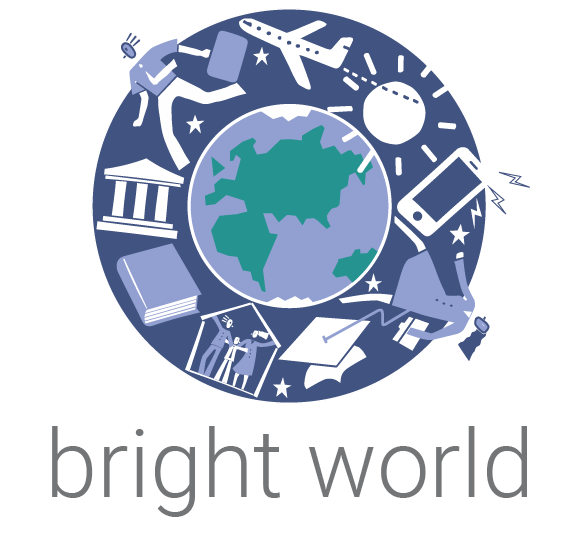Statement
Bright World Guardianships recognises that the vast majority of host families and staff act professionally and in the best interests of the students under their care. However, situations involving intimate care may arise that require careful handling to prevent misunderstandings and ensure the safety and dignity of all students.
This policy provides clear guidance on expected behaviour when addressing intimate care needs, reinforcing the professional responsibilities of all host families and staff. The guidelines confirm safe practices, reduce the risk of false accusations or improper conduct, and ensure that students receive appropriate support while maintaining their safety and independence.
To help manage these situations, this policy aligns with the Safer Recruitment Consortium’s ‘Guidance for Safer Working Practice for Those Working with Children and Young People in Education Settings (February 2022).
This guidance defines professional behaviour, outlines unacceptable conduct, and describes safe practices. If a situation arises that is not covered by this guidance, host families and staff should use their professional judgment and report the matter to Bright World Head Office at 01273 835745 (during office hours) or the emergency line at 01273 836060 (out of office hours).
Intimate Care Guidelines
Power and Position of Trust
As caregivers, host families, local coordinator and Head office staff must recognise their position and avoid actions that could be misinterpreted. Intimate care situations involve a clear power dynamic, and adults must ensure that their influence is not used inappropriately. Maintaining appropriate professional boundaries is essential. Any concerns must be reported to the Designated Safeguarding Lead (DSL), Robbie Piper and Lana Foster or in the event of their absence Deputy DSL’s Su Warren and James Foster.
Duty of Care
Host families local coordinators and staff have a duty of care to ensure the well-being and dignity of all students. Any assistance provided must be handled with professionalism and sensitivity, always prioritising the student’s independence. This policy should be followed in conjunction with the Safeguarding and Child Protection Policy.
Providing Support for Intimate Care Needs
Personal Hygiene & Medical Assistance
No Physical Assistance – Host families, local coordinators and staff must not assist students with personal hygiene, including bathing, dressing, or toileting.
Unwell Students – If a student is ill and requires assistance with personal hygiene, the individual should seek medical advice and follow professional guidance rather than providing direct care without consultation. This will be directed from head office for host families.
Medication Support – If a student requires assistance with medication, host families must follow the Bright World directions provided in advance or a medical professional and should not administer medication unless specifically trained. All of which is included in the health care plan we send ahead of each host family stay.
Physical Contact & Comforting Students
Avoid Physical Contact – Even when well-intentioned, physical contact may be misinterpreted, so affectionate gestures such as hugs should be avoided. However, if a student initiates physical contact (e.g., a hug), staff and host families must not neglect them and should respond appropriately while maintaining professional boundaries. The interaction should then be reported to Bright World.
Alternative Comfort Methods – If a student is distressed (e.g., homesickness), support should be given through kind words, active listening, and offering a safe space to talk. Where physical comfort is unavoidable (e.g., a young child who reaches out first), staff should ask for the student’s consent before providing reassurance.
Reporting Physical Contact – Any physical contact that occurs must be recorded and reported to Bright World’s Safeguarding Team to ensure transparency and accountability.
Reviewed: March 2025 



Post your comment on this topic.